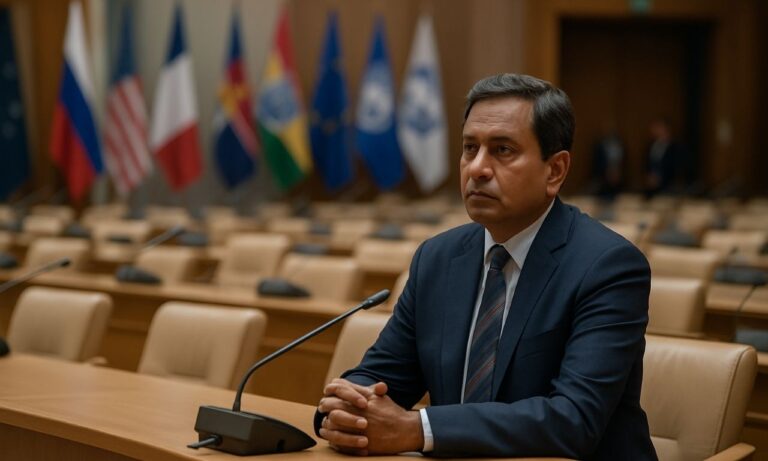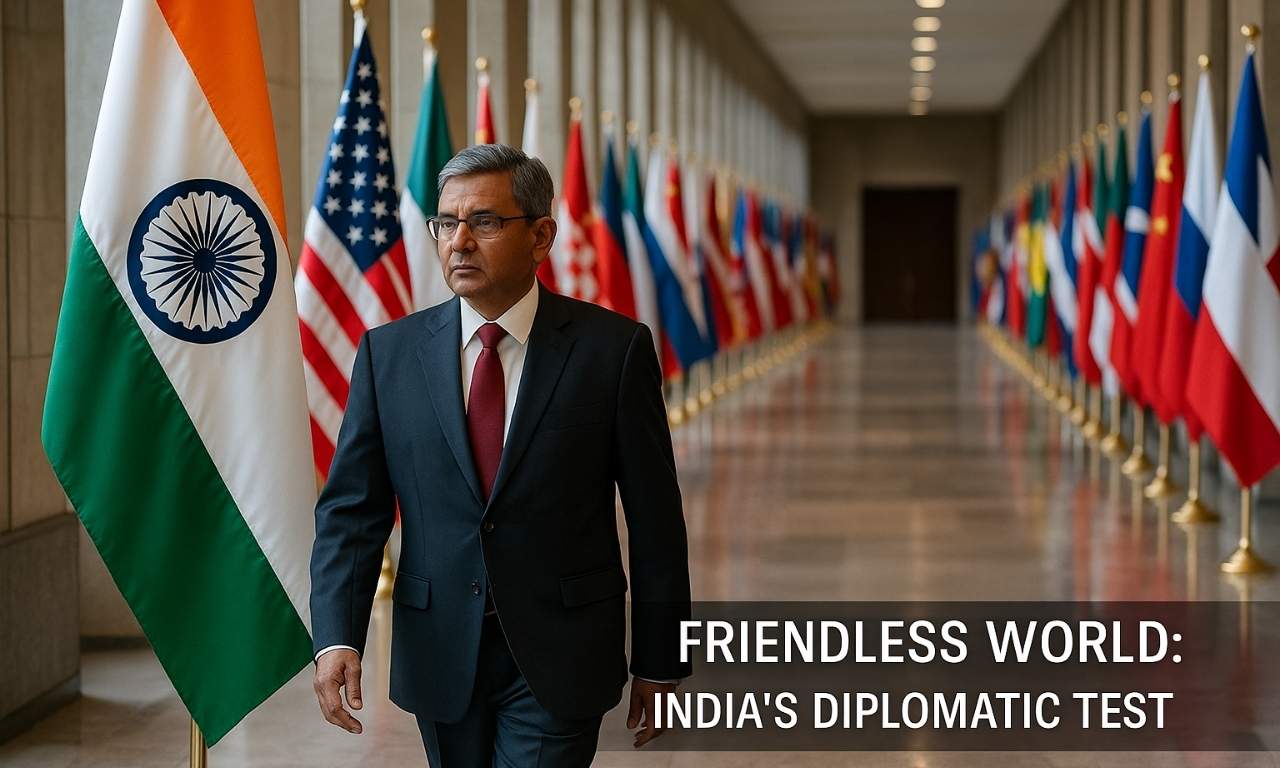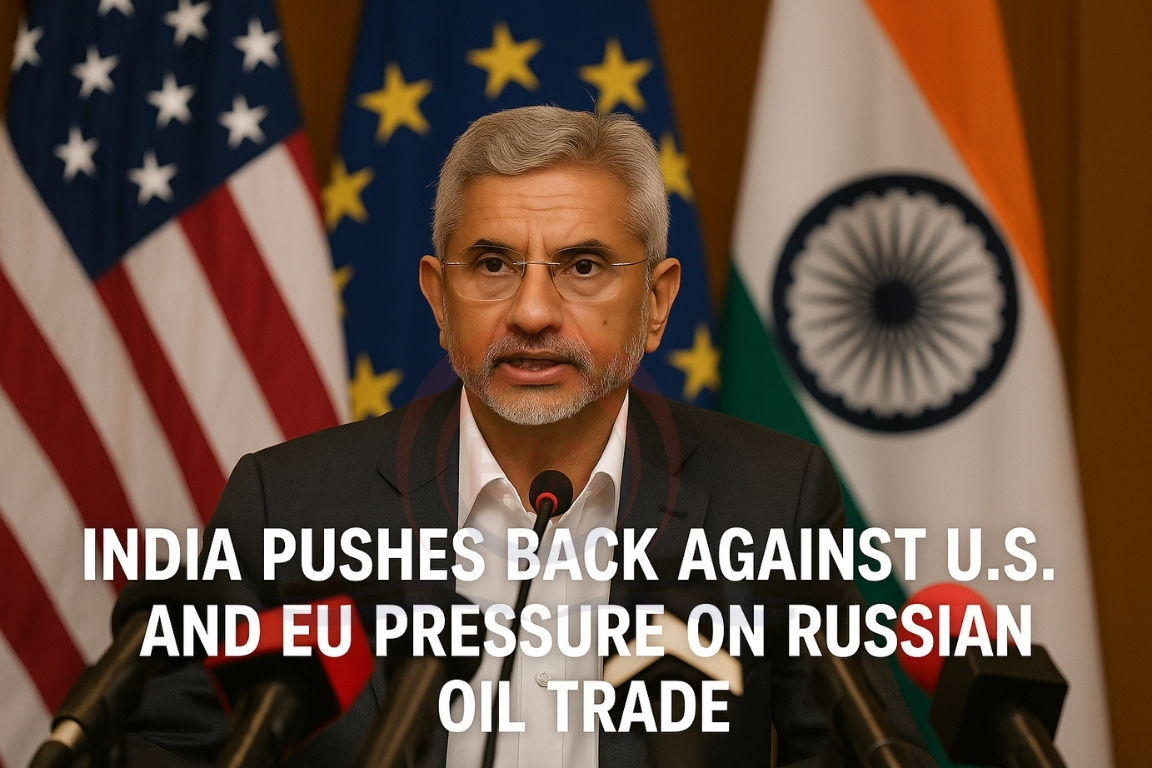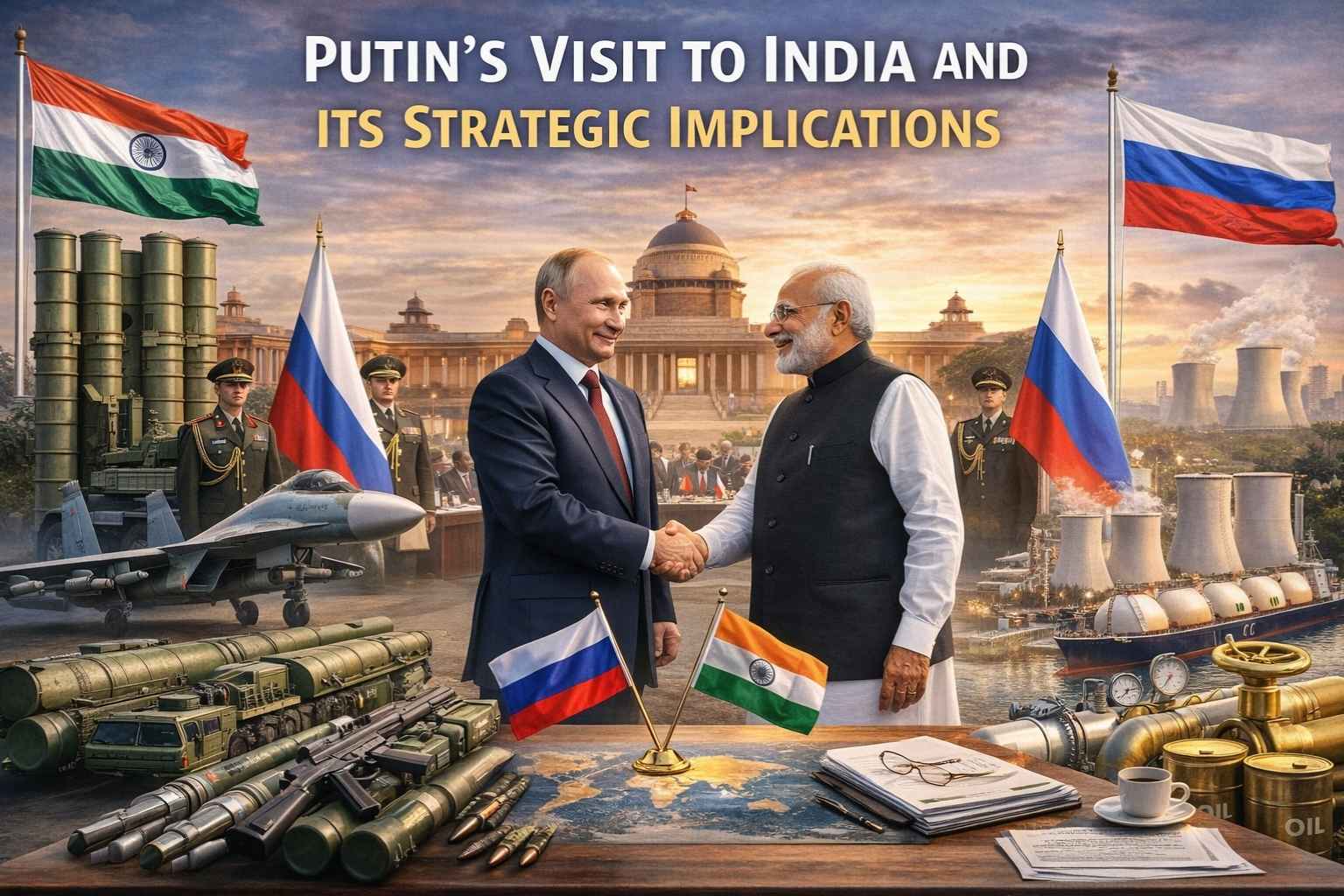A former National Security Adviser, M.K. Narayanan, highlights that India’s foreign policy is struggling to adapt to a fast-changing, uncertain global order where traditional alliances are weakening and new regional equations are emerging.
Background
- Global politics is witnessing a breakdown of multilateral systems, particularly since the Trump era in the U.S.
- India’s foreign policy, still influenced by Cold War-era thinking, is facing difficulty in keeping pace with modern power shifts.
- The result is India’s growing isolation and trust deficit in both its neighbourhood and the wider world.

India’s Diminishing Geopolitical Relevance
- Reduced Presence in West Asia: India was absent from recent Gaza peace negotiations, where countries like Türkiye, Egypt, and Qatar played key roles.
- Despite India’s long-standing ties with the region, its exclusion signals waning diplomatic influence. Sending a low-level delegation to the post-conflict celebration further underlined this marginalisation.
- Neglect in Neighbourhood Diplomacy: India remained a bystander during Nepal’s Gen Z revolution, showing declining influence even in South Asia.
- Growing Role of Rival Nations: Türkiye and Pakistan’s closer defence ties and Saudi Arabia–Pakistan Strategic Mutual Defence Pact indicate a shift in regional alignments unfavourable to India.
Challenges in the Neighbourhood
- Pakistan-Afghanistan Volatility: The Taliban’s attacks on Pakistan may appear beneficial, but instability in the region poses long-term threats to India’s security.
- Strained Ties with South Asian Neighbours: Relations with Bangladesh and Nepal have cooled, while China’s growing presence in Sri Lanka adds pressure on India’s southern flank.
China Factor
- India’s current “bromance” diplomacy with China risks ignoring unresolved border tensions, including the Galwan clash (2020).
- China’s strategic expansion in East and Southeast Asia — through economic, cyber, and academic influence — threatens to undercut India’s regional standing.
- The U.S.-China trade rivalry is shaping new alignments; India must avoid strategic complacency amid these shifts.
Way Forward
- India must modernise its foreign policy outlook, moving beyond outdated frameworks.
- Strengthen regional partnerships and rebuild credibility through consistent diplomacy.
- Exercise strategic vigilance to safeguard India’s civilisational identity and autonomy in a transforming global order.
Conclusion:
India’s foreign policy faces a crisis of relevance amid shifting alliances, rising Chinese influence, and unstable neighbourhoods. To remain geopolitically significant, India must act with greater flexibility, foresight, and realism in a world where old friends are fading and new power equations are emerging.
This topic is available in detail on our main website.





